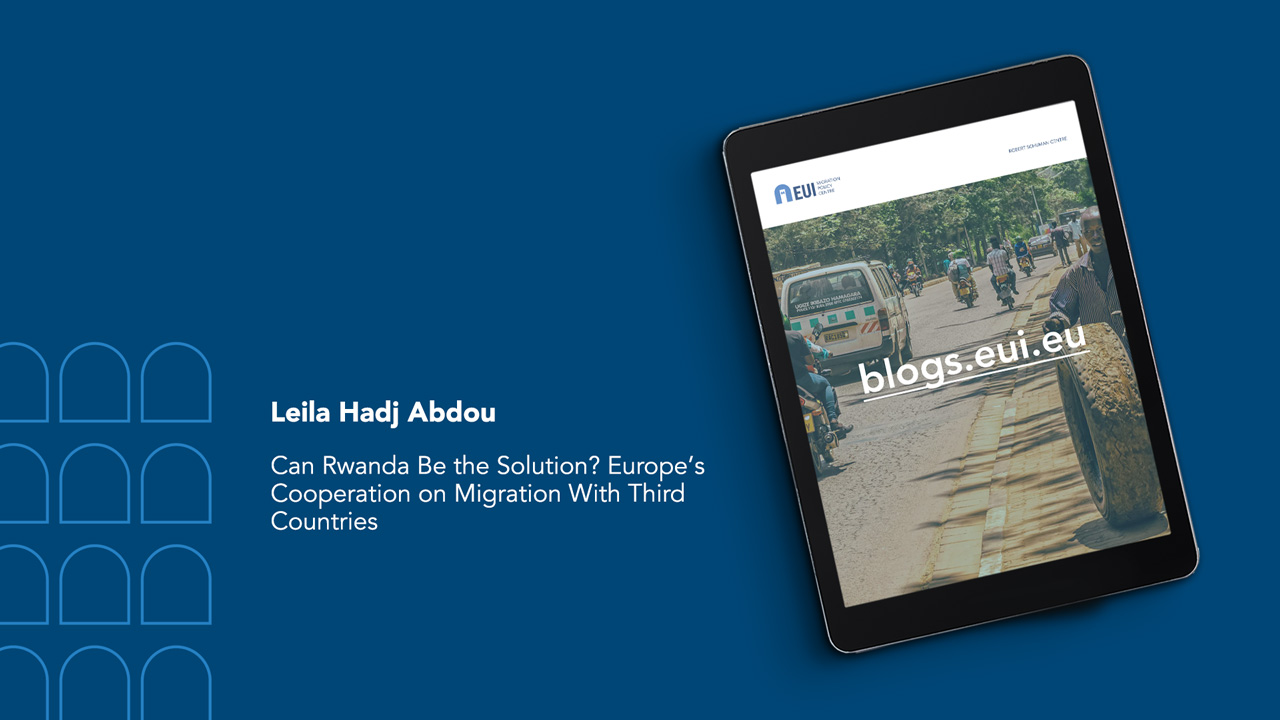Mass displacement from Ukraine does not mean that cooperation on migration with African countries is now off the agenda. Instead, what we have seen in recent weeks is that Europe has adopted ‘internal solutions’ to Ukrainian/’European’ refugees that aim to protect and that contrast with a continued focus on ‘external solutions’ for non-Europeans that aim to deter, prevent, return and remove.
This was brought into stark relief on April 14 2022 when the UK and Rwandan governments reached agreement to send migrants arriving irregularly in the UK to Rwanda. Misleadingly labelled by some media as offshore processing, this is in fact a scheme to deny would-be asylum seekers the right to apply in the UK. In return, Rwanda would reportedly receive £120 million for economic development, plus additional funding for its asylum operations, accommodation of asylum applicants and integration measures. In a joint article, Rwanda’s foreign minister Vincent Buruta and UK home secretary Priti Patel called the agreement ‘ground-breaking’ and one that would set a ‘a new international standard’. The UK Home Office chimed in to claim that the agreement would be an effective tool to ‘break the business model of people smuggling gangs’. Commentators noted that the partnership was inspired by Australia’s inhumane offshoring model sending asylum seekers to Nauru and Manus Island. The plans were widely condemned by human rights groups with reservations even reported from some Home Office staff on grounds of efficacy, cost and ethics.
Whilst the UK-Rwanda deal represents a new level of ‘outsourcing’, this search for external ‘solutions’ is not new and ca be traced to the 1998 Austrian presidency of the European Council. While remaining controversial, using the external dimension to reduce irregular migration and remove irregular migrants gained a more secure foothold over time, particularly after the 2015 migration crisis prompted increased engagement with African countries. This type of cooperation brings challenges, for African and European countries.
This is a part of a blog post by Leila Hadj Abdou.
